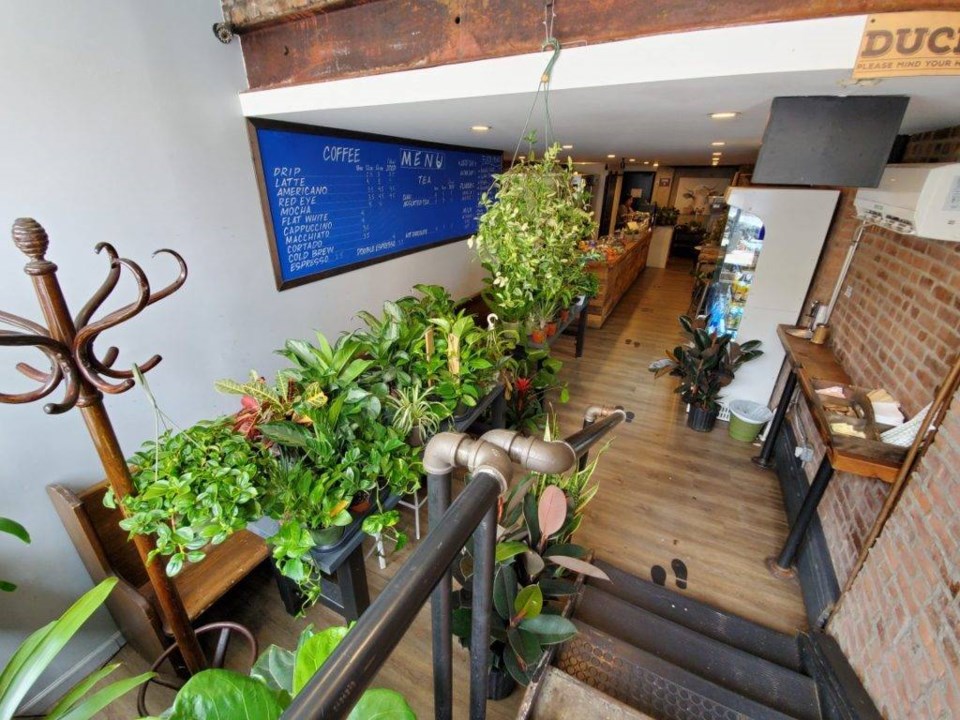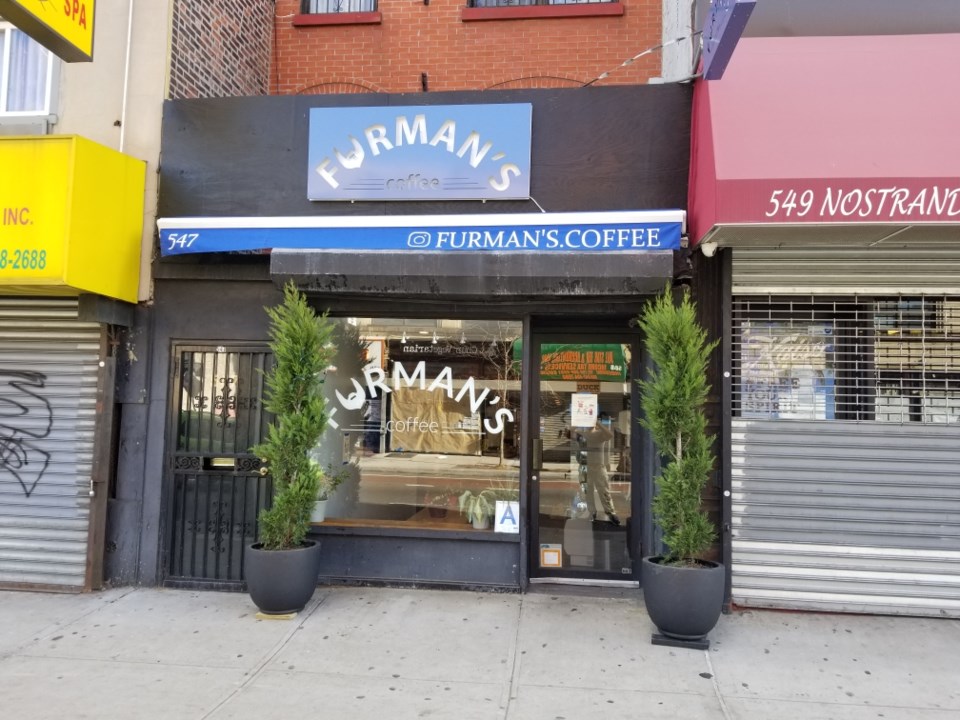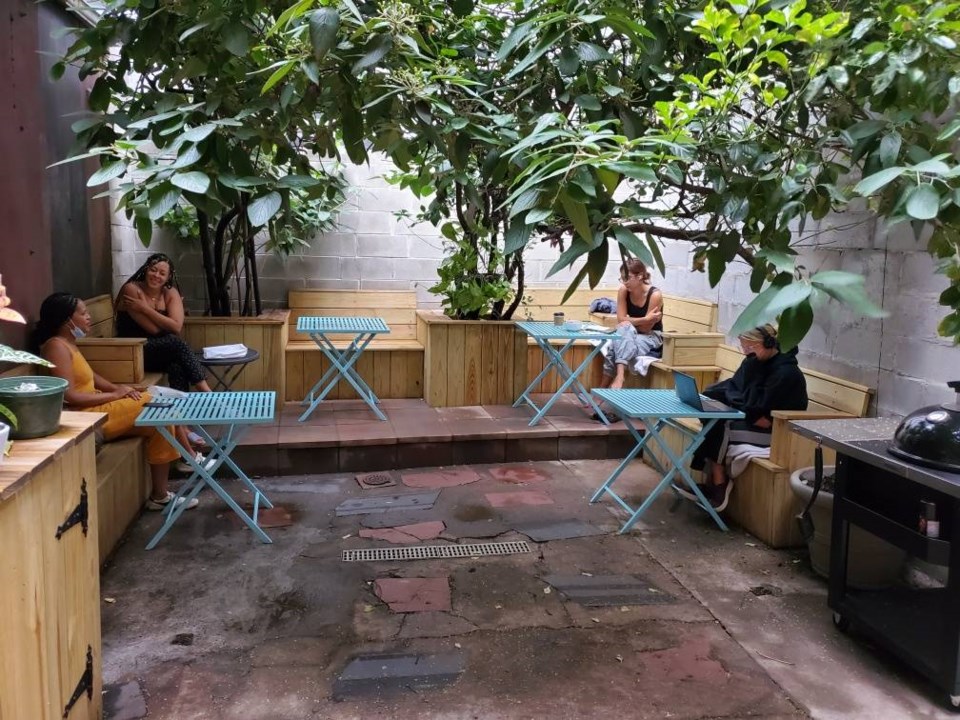When Emmanuel DeJesus opened up Furman's Coffee shop in 2017, he hoped to spread his passion for coffee to others in Brooklyn.
DeJesus grew up in the Dominican Republic, where he assisted his grandmother on her coffee plantation.
"Every morning when we would get up, we were always roasting coffee beans and cocoa to make chocolate," DeJesus said. "The coffee roasting aroma just kind of stuck with me."
The coffee aficionado speaks fondly of the experience of making coffee during a time when it was more labor-intensive.
"You have to pick the right beans from the tree. Then bring them to an area to dry them out in the sun, to begin the skin peeling process," DeJesus said. "There's a lot of sugar attached, so the beans would be washed and then put out to dry. It was a long lengthy process, since back then they didn't have the machinery."

But his labor of love has turned to despair during the COVID-19 pandemic, with DeJesus accumulating more than $500,000 in debt leaving him barely able to hang on to his shop. He works close to 90 hours a week to stay afloat, after having to lay off his employees.
"In 2020 I started with nine employees. Towards the end of February, I had to let go four of our employees because sales decreased dramatically," DeJesus said. "People weren't commuting to work anymore. Then in March of 2020, I was basically working in the coffee shop by myself because the rest of the team no longer felt comfortable coming to work."
Foot traffic has dramatically decreased, with many of Furman's regular customers moving out of the city. Some have lost their jobs, or couldn't afford to live here anymore, he said.
But DeJesus' story isn't new. Since the start of the pandemic, more than 70% of business owners of color have said they feared they won't last without any help. In a survey conducted by LISC NYC, over 130 minority-owned small businesses say they'll be shutting down permanently if they don't receive financial relief.

While an $800 million COVID-19 relief package was introduced into the New York State budget, most business owners acknowledge that whatever money they will receive won't cover debt accumulated from the lack of aid within the past year.
Many industries have been hit hard during the pandemic, with business owners having to pivot to other ventures to make money. In addition to online orders and serving food, Furman's Coffee also sells plants and provides the option for customers to send in their orders through Instagram like a curbside order.
But DeJesus says the only way he'll get relief is through increased foot traffic and financial help from the City.
"It's the only way that we'll be able to survive because even as foot traffic comes back, I don't know how we'll be able to pay back all that debt that I incurred from the last 15 months of the pandemic," DeJesus said.
As vaccinations progress and the city prepares for a grand reopening this summer, DeJesus is hoping foot traffic increases enough to keep going. He is also planning to start a GoFundMe to help alleviate debt.
But his message clear in telling customers to support their local businesses, otherwise we don't know how many will be left standing in a few months time.




